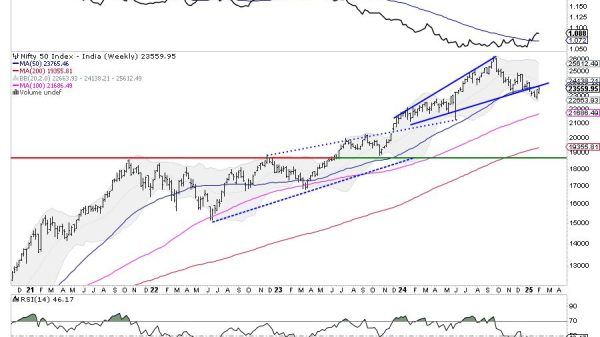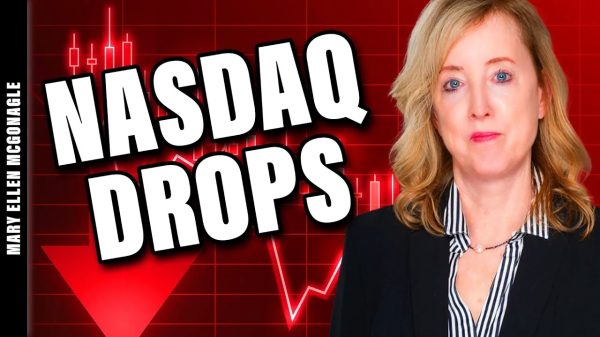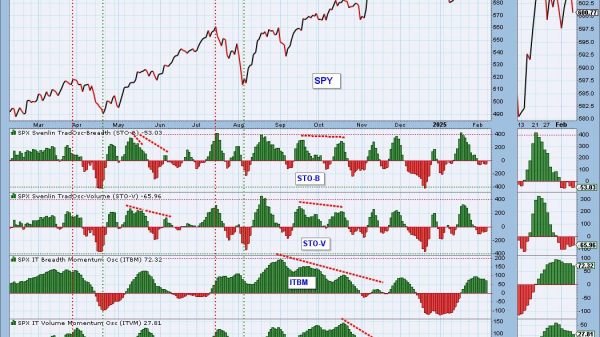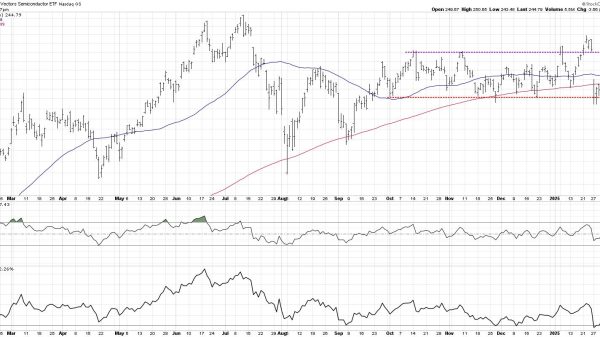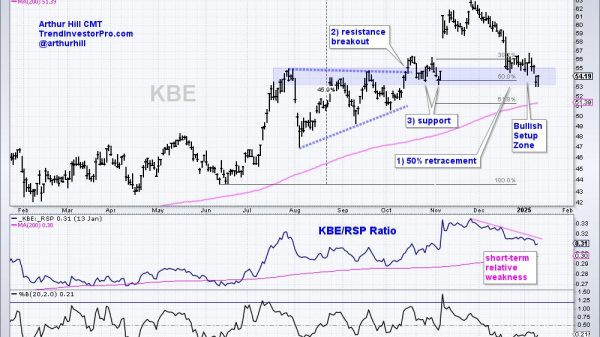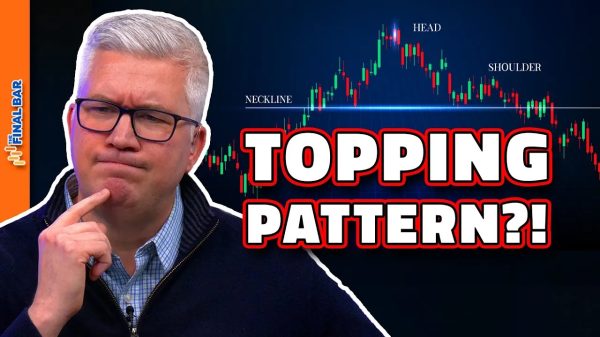Stocks Making The Biggest Moves: NXP Semiconductors
In the fast-paced world of finance, the stocks have always been a fascinating subject of discussion. Investors constantly seek answers to questions like, “When will the stock market recover?” and “What are the most volatile stocks?” Understanding the dynamics of the stock market and knowing which stocks to invest in can be the key to financial success. In this article, we will explore the ever-changing landscape of the stocks, delving into stock market recoveries, fluctuations, and the allure of defensive stocks.
When Will the Stock Market Recover?
The stock market is no stranger to ups and downs, and investors often find themselves pondering the critical question of when the next recovery will occur. Identifying the factors that influence these fluctuations can be complex, but it’s crucial to remember that the market tends to move in cycles.
Cadence Design Systems – Weathering a Minor Setback
Cadence Design Systems, a leading company in the electronic design automation industry, experienced a slight setback as its shares fell 4% following the release of its second-quarter results. While the company’s overall performance was solid, some aspects of its financials fell short of analysts’ expectations.
In the product and maintenance category, Cadence reported revenue of $922.8 million, which, although impressive, did not meet analysts’ estimates of $928.8 million, according to StreetAccount. Similarly, revenue from services came in at $53.8 million, slightly lower than the $57.9 million anticipated by analysts.
While it is challenging to predict the exact moment of recovery precisely, historical data indicates that the stock market has demonstrated resilience after previous downturns. Economic growth, corporate earnings, and government policies play significant roles in driving the recovery. Investors must stay informed about current events, industry trends, and macroeconomic indicators to make well-informed decisions during volatile periods.
Stock Market Flotation: Riding the Waves
Stock market flotation, also known as an Initial Public Offering (IPO), is a process where a private company goes public by offering its shares to the public for the first time. This exciting milestone often garners substantial attention from investors and financial analysts. Companies opting for IPOs seek to raise capital for expansion and growth, while investors look to capitalize on the potential appreciation of the stock’s value over time.
Whirlpool – A Mixed Bag of Earnings
Whirlpool, a renowned company in the kitchen and laundry appliance sector, faced a minor setback as its stock dipped 2% following the release of its quarterly earnings report. The company’s performance was a mix of positive and negative surprises for investors and analysts alike.
On the positive side, Whirlpool posted adjusted earnings per share of $4.21, which surpassed Refinitiv analysts’ estimates of $3.76 earnings per share. This robust earnings figure reflects the company’s ability to manage costs effectively and optimize its operations.
When a company announces its intentions to go public, it generates considerable buzz in the market. These IPOs can be incredibly lucrative, but they also come with inherent risks. Investors must conduct thorough research and consider factors like the company’s financial health, market potential, and long-term growth prospects before jumping in.
Most Volatile Stocks
For some investors, the allure lies in high-risk, high-reward opportunities. These investors often seek out the most volatile stocks as they offer the potential for substantial short-term gains. Volatile stocks can experience rapid price fluctuations, making them attractive to day traders and those comfortable with risk.
However, investing in the most volatile stocks comes with a word of caution. The potential for significant gains is balanced by an equal potential for significant losses. Novice investors must approach such investments with caution and consider diversification to mitigate risk.
Defensive Stocks: Stability in Turbulence
On the opposite end of the spectrum are defensive stocks, offering a sense of stability and security even during tumultuous market conditions. These stocks belong to companies that provide essential products or services, such as utilities or consumer goods. Regardless of the state of the overall stock market, defensive stocks tend to demonstrate consistent dividends and stable earnings.
Defensive stocks may not offer astronomical returns like the most volatile stocks, but they are prized for their reliability during economic downturns. Conservative investors often include these stocks in their portfolios to preserve capital and generate steady income.
The Dynamic World of Stocks
The stocks remain a captivating subject of interest for investors worldwide. The unpredictable nature of the stock market prompts questions like “When will the stock market recover?” while stock market flotations create opportunities for lucrative investments. While some investors are enticed by the most volatile stocks and their potential for rapid gains, others find comfort in the stability of defensive stocks.
In the ever-changing world of finance and investments, fluctuations in stock prices are common. The recent performance of Cadence Design Systems, Whirlpool, and NXP Semiconductors showcases the dynamic nature of the market.
While Cadence Design Systems faced a minor setback, its fundamental strength remains intact. Similarly, Whirlpool’s mixed earnings report highlights the need for companies to adapt to market changes actively. On the other hand, NXP Semiconductors’ impressive performance demonstrates the potential for growth in the semiconductor industry.
The post Stocks Making The Biggest Moves: NXP Semiconductors appeared first on FinanceBrokerage.






